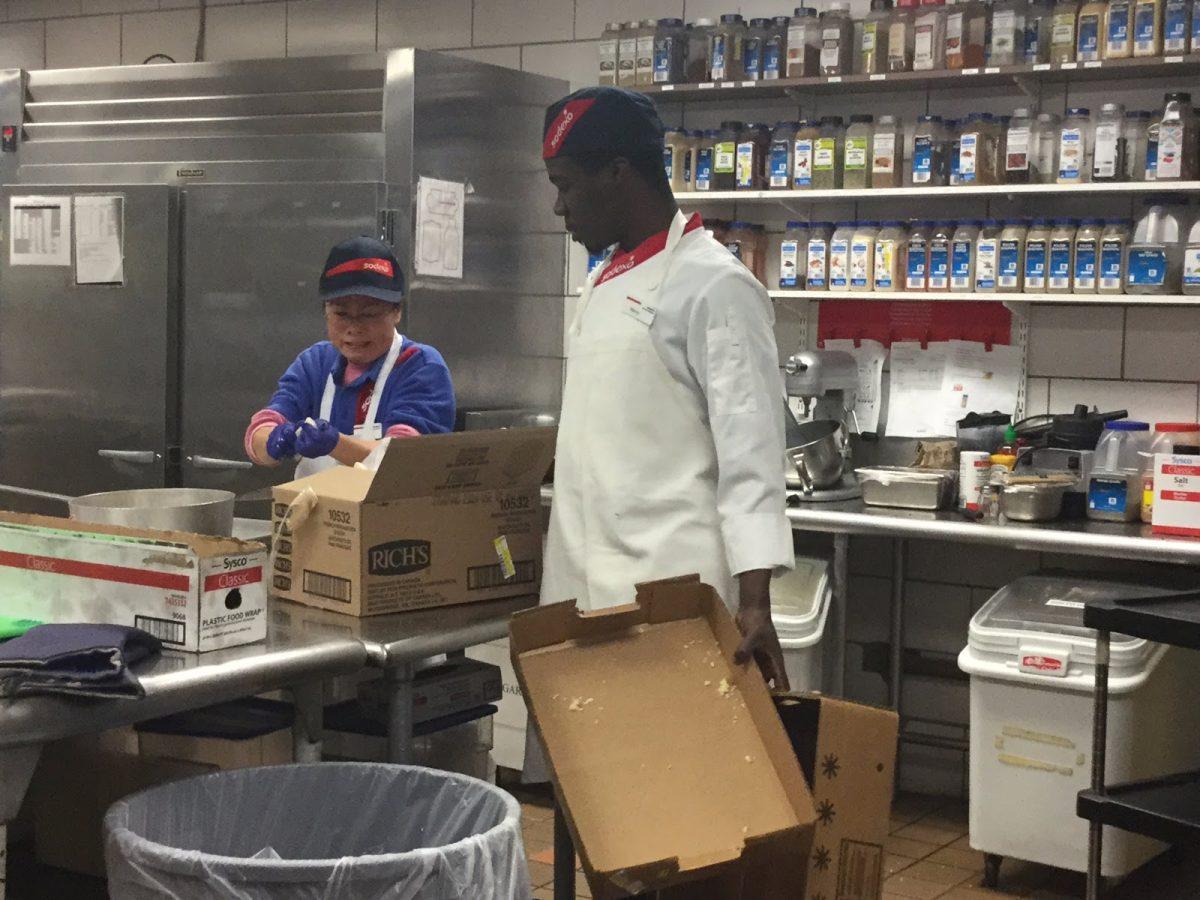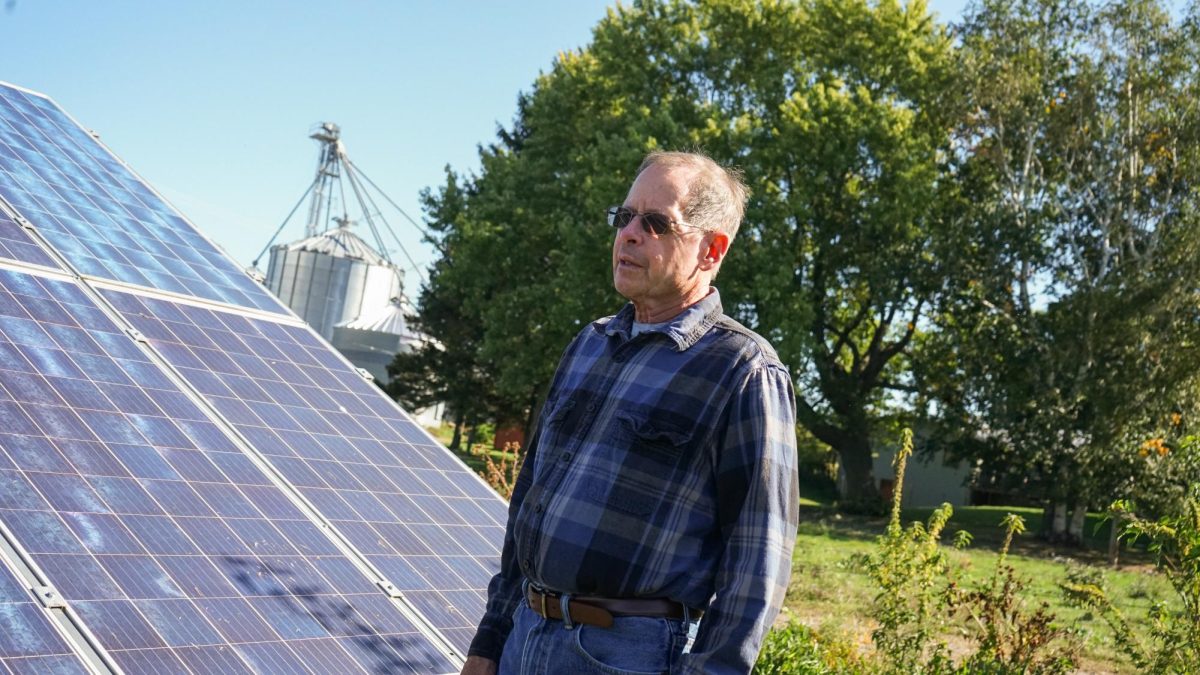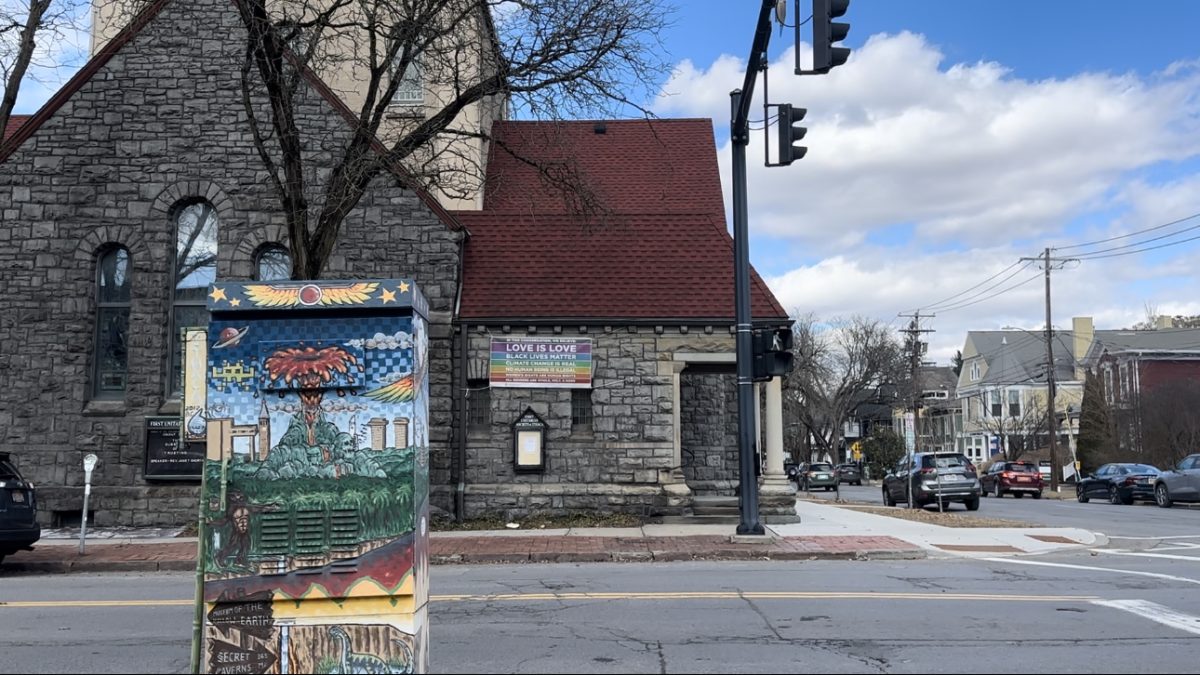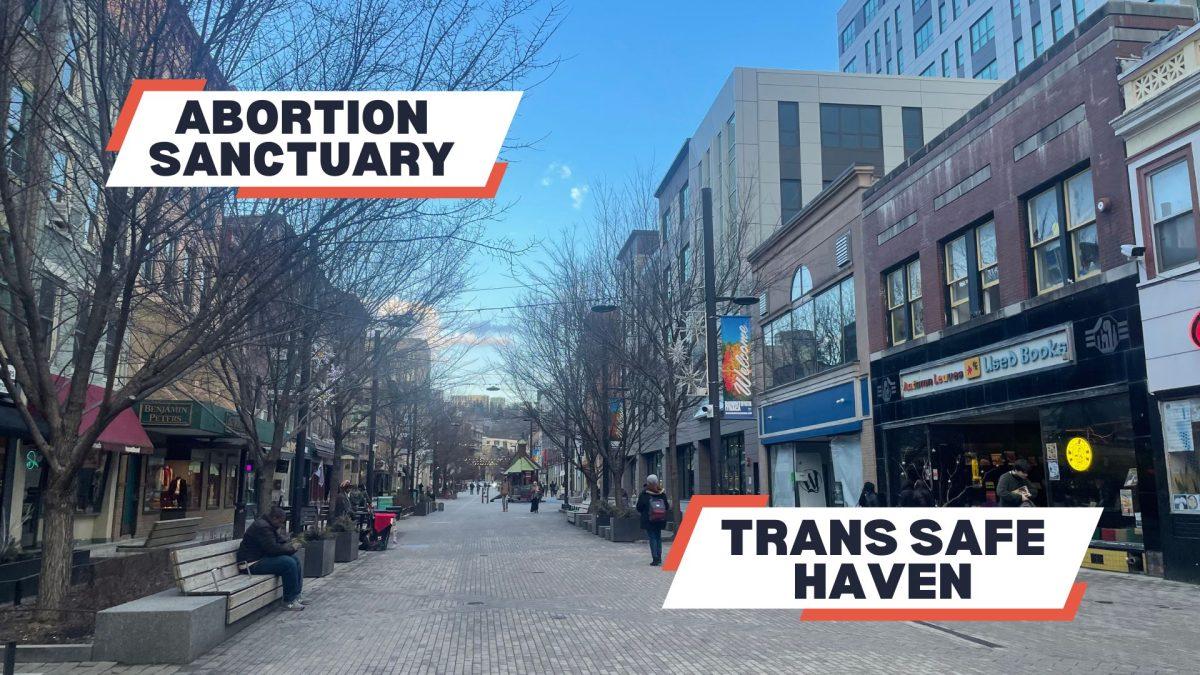Immigration continues to be a hot-button issue in the United States. With the Trump administration making changes to the H-1B visa work program last month in March 2017 and imposing travel restrictions on citizens from certain countries, many immigrants look to different ways to secure their position in the U.S.
The primary people affected by the changes in the visa program are companies which outsource their labor and the people who depend on H-1B visas for work, according to CNN Money writers Jackie Wattles and Parija Kavilanz. Part of President Trump’s reasoning according to the CNN Money article from March 4, 2017 is that companies abuse this visa to outsource cheaper labor out of immigrant workers.
The visa is distributed by lottery and is capped at 65,000 people for the fiscal year of 2018, being such a small number the lottery is extremely competitive. Premium processing for advanced degree holders was eliminated this year, a revision that could completely change the plans of workers who depend on it; average processing times for the H-1B visa are already close to six months.
Obtaining an H-1B visa is not the only way to gain access to the U.S. labor market. As of right now, the H-1B is the main subject of regulatory change, but the Trump Administration has expressed interest in revising a number of visa programs in the future.
Immanuel, a Liberian immigrant who came to the U.S. in 2014 outlines his plan when it comes to his status: “My country doesn’t recognize both nationalities,” he says, “so I prefer to be a Liberian citizen and a permanent resident [of the United States].”
Immanuel came to the U.S. under the DV program. “The Diversity Immigrant Visa Program (DV Program) makes up to 50,000 immigrant visas available annually, drawn from random selection among all entries to individuals who are from countries with low rates of immigration to the United States,” according the U.S. Citizenship and Immigration Service’s website.
While back home in Liberia, Immanuel saw an advertisement for a technical program sponsored by the U.S. government. “It would have been more expensive to bring my whole family, so I went alone and thought eventually I might bring them over.” While he describes the process of filling out his original paperwork as not being too difficult, the costs of filling for his entire family were prohibitive.
Immanuel is working to expand his technical skills as he hopes to bring his education and what he has learned back to Liberia so he can open his own business. “It’s much cheaper to open a business back home,” he says, “however, there is a lot of opportunity here that I would not have had at home.”
The status of a permanent resident is quite secure and affords Immanuel the ability to seek out any work he chooses and in no way affects his ability to gain employment. As a permanent resident he does not have to have a work visa to be able to gain employment with a U.S. company.
He says he is ready to take the U.S. citizenship test if he had to but that he would prefer to go on with his current status. “Things are perfect as they are,” he says, “I get benefits by being a permanent resident but not as many as if I were a citizen. The [U.S.] government takes care of me.”
Another worker who is unaffected by work visa changes because of their advanced status is Shelly. She came to the United States with her husband in 2009. Because she married a U.S. citizen, it only took a little over a year for her to gain citizenship.
Shelly says that the naturalization process was very easy on her, “Being married made things a lot easier,” she said. The paperwork rolled in for months while she took writing classes to improve her written english.
Shelly currently works at Sodexo, in the Ithaca College dining hall service. She says that finding work has not been very difficult for her either. “There are a lot of bad jobs, no fun. But there are plenty of jobs to take, I didn’t like all the ones I’ve done.”
For immigrants with other statuses, it continues to be incredibly difficult to maintain their status and periodically file to have their work visas renewed. With changes on the horizon many might be considering going down the same avenues as Immanuel and Shelly to cement their status.
https://www.youtube.com/watch?v=izp9vS4jeG0&t=12s













